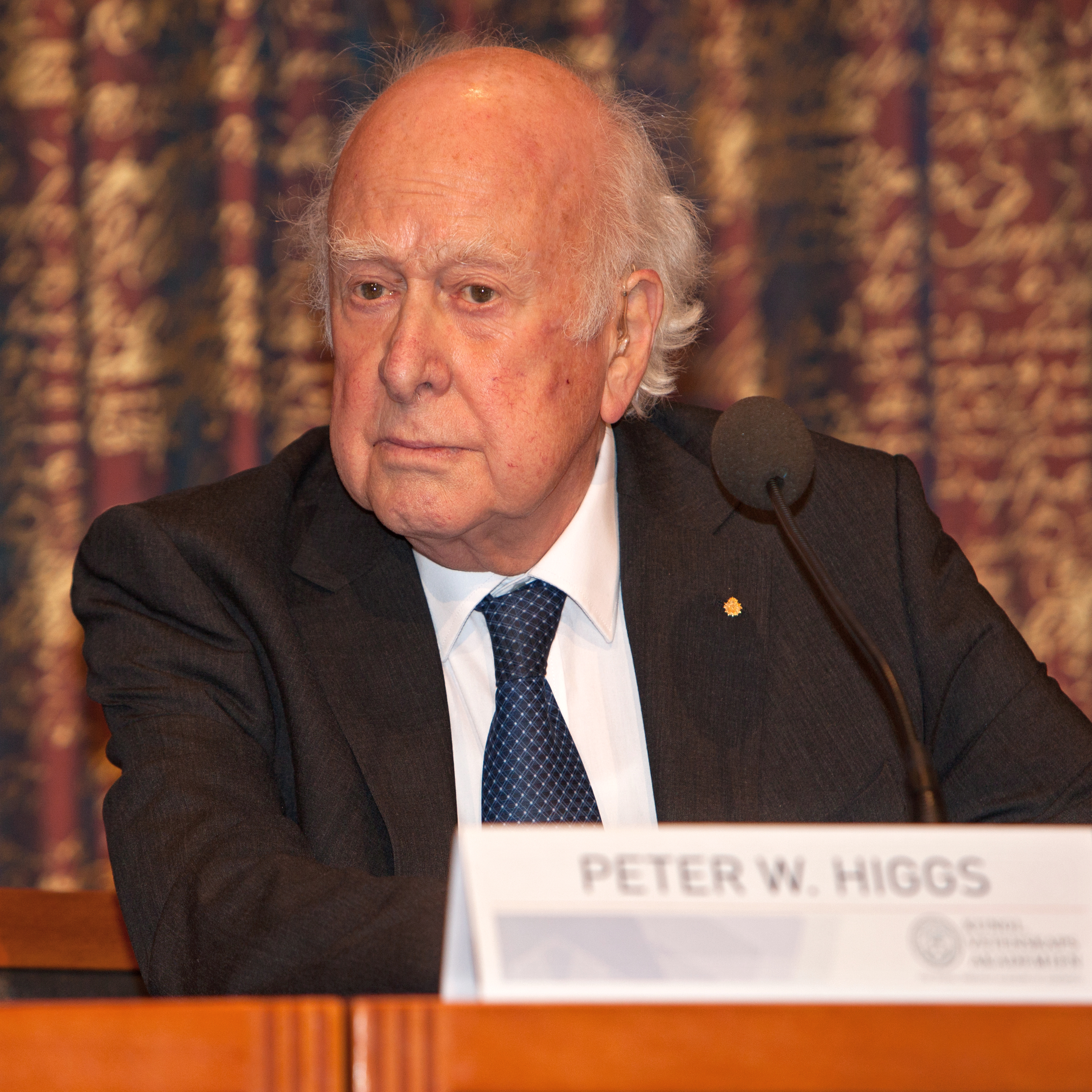
EXPERT REACTION: Prof Peter Higgs, who proposed the 'God particle', has died aged 94
Not peer-reviewed: This work has not been scrutinised by independent experts, or the story does not contain research data to review (for example an opinion piece). If you are reporting on research that has yet to go through peer-review (eg. conference abstracts and preprints) be aware that the findings can change during the peer review process.
Professor Peter Higgs, the Nobel prize-winning physicist who proposed the existence of the Higgs boson - also known as the 'God particle' - has died, aged 94. The existence of the Higgs boson was confirmed by the Large Hadron Collider in 2012. Prof Higgs reportedly died "peacefully at home following a short illness" on Monday. Australian experts pay tribute to Prof Higgs below.
Organisation/s: Australian Science Media Centre
Funder: N/A
News for:
Australia
VIC
SA
Media contact details for this story are only visible to registered journalists.


Expert Reaction
These comments have been collated by the Science Media Centre to provide a variety of expert perspectives on this issue. Feel free to use these quotes in your stories. Views expressed are the personal opinions of the experts named. They do not represent the views of the SMC or any other organisation unless specifically stated.